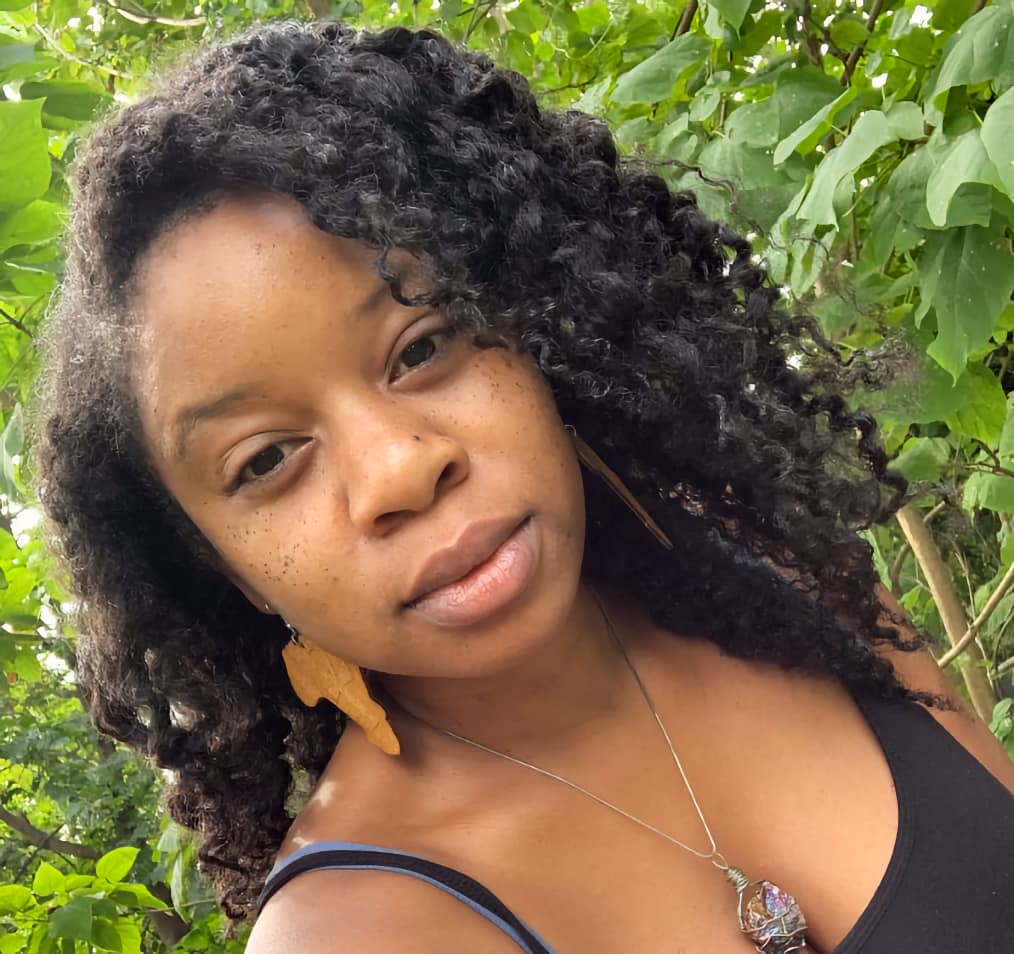It may not be the scientific word for it, but one day I looked up and was back in my body. I could feel the clothes on my back. I had the urge to accessorize them. I felt a little more like myself. I had reassociated.
Over the past year, I learned that grief could be a very dissociative experience. I had not heard it expressed this way by anyone before, so I offer you this word and way of describing it here. I use the term “dissociative” because I cannot recount any connection to my body, no tactile sense or desire outside of the hugs from loved ones. Beyond numbness, being in my flesh merely possessed a vehicle to execute daily habits. There was consciousness enough to care for my family and go to work; however, when trying to create happy memories, I found them difficult to store. It wasn’t out of a lack of desire that memories couldn’t make it on the “hard drive,” if you will. It was more like some of my senses were “offline.”
For those who haven’t had a dissociative grieving experience, imagine making a family recipe you’ve eaten a million times and trying to duplicate it from memory by tasting it. You just can’t put your finger on what’s missing. You try to access those memories of baking it, and your mind is foggy. But you remember your joy and how good it tasted. So the perceived satisfaction is your fuel. However, you finish baking, and still, something is missing, but you eat it anyway because you hope it’ll give you the joy your mind remembers. But the body reads this as a new recipe and doesn’t connect to it similarly.
A good friend of mine would always tell me a saying her therapist lent her -“the body remembers”- throughout this time, that phrase spoke to me loudly. Even though I was making do day to day, deep inside, I wished to live in the security of my old body, one that lived in sync with my mind and experienced the world the way it once had.
So, you silently yearn for that alignment, not knowing when that day will come. One day, all of a sudden, poof! You notice you last cared for your hair months ago, and it’s time to make a hair appointment. You look at your feet, and they need some love too. And you finally see yourself in your body, and your mind says, “welcome home.” I’d liken this phase to entering a house you fondly remember after spending time away, but it’s in the process of being remodeled and feels both familiar and unsettling. An outer warmth penetrates the skin and shines a light on neglected inner spaces. Back in the body, the air begins to have weight, the rain a smell, and the sound of a child’s laughter a sweet depth. As a mom, I truly missed the latter.
In my experience, grief is about healing and emotional management, not forgetting. Your life and purpose are dependent upon you getting the support you need to manage those waves of emotions. If you resonate with this piece, be kind to yourself and remember the seasons of grief will come and go. May you find what you need and have grace as a partner on the journey.

Portia Ingram is the Director of Smart Start Suffolk for Suffolk County Executive Steve Bellone, developing and coordinating early childhood programs. She owns Mind Align Solutions, LLC, a consulting company that creates and runs workshops on holistic planning and life skill development for children and adults. She has also worked and advocated for the disability community for over ten years in various positions ranging from clinician to policy advocate. She continues to share and provide resources to those in the community, working alongside politicians and non-profit organizations around Long Island. She is the author of the workbook The Helpful Planner and the young adult self-help book How To Survive Your 20s.


